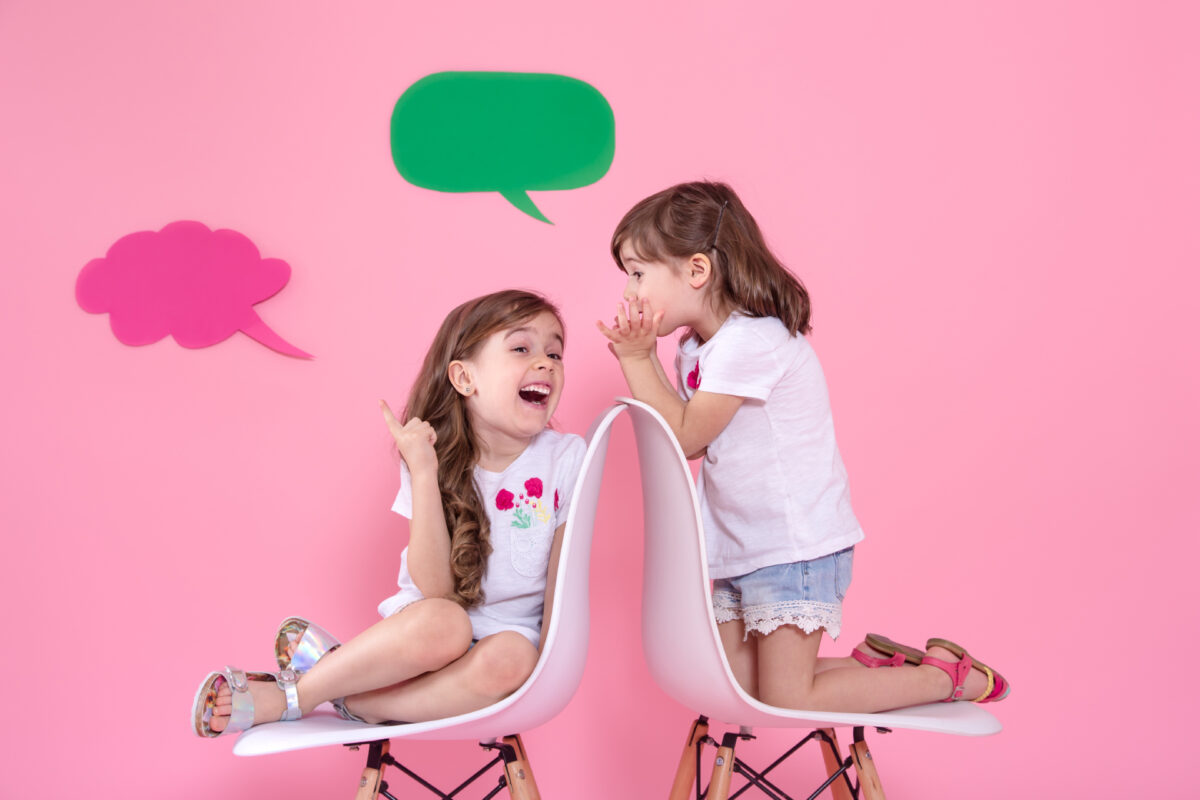Why is it valuable to nurture social skills in a preschooler?

The term refers to a child’s ability to connect with others and navigate diverse social situations. These skills are crucial for the proper development of a child and lay the foundation for future social relationships.
Primarily not only for the development and establishment of healthy relationships with peers but also for the later stages! Social skills contribute to achieving success in school and, subsequently, in adult life.
In a similar manner to acquiring other abilities through observation, imitation, and participation in diverse social situations. Indeed, every environment in which a child is present, along with the manner and type of interactions engaged in, will shape their way of being and self-perception in relationships.
Peer contact is highly important! Research confirms that this stimulates the emotional development of a child, enabling them to learn to express emotions in a socially accepted manner. This is accompanied by the ability to recognise the emotional states of others, empathise, and exercise emotional self-control.
How do we recognise that a child is having difficulty establishing peer relationships?
Children who struggle with relationship building often lack self-confidence. Unfortunately, low self-esteem can be both a factor causing isolation from the group and a result of it. Such children avoid playing with others and reluctantly participate in group activities. Signs may include avoiding eye contact, difficulty understanding the speech of other children, challenges in sharing toys or resolving conflicts.
When planning work on social skills, it’s valuable to distinguish three areas: cognitive, motivational, and behavioural. The cognitive area involves teaching a child empathetic thinking and accurately matching interpretations to experienced situations. The motivational area is responsible for engaging in social and interpersonal situations, while the behavioural area is responsible for introducing social skills and their effective utilisation.
It’s important to remember that practising social skills is a process. The child first acquires a particular skill and then reinforces it. Therefore, creating opportunities for social interactions and providing feedback on the child’s progress is crucial.
Among the most commonly used methods, we can highlight:
- Group games and activities where children learn to be in the company of peers, establish cooperation, and shape their roles within a group.
- Role-playing scenes in which children take on various characters, promoting an understanding of others’ perspectives. This provides a space for developing empathy and seeking constructive solutions.
- Modeling behaviours — adults play a crucial role in modelling appropriate social behaviours. This is one of the simpler methods that can be applied practically at any time of the day.
- Exercises focusing on developing verbal and nonverbal communication skills through diverse activities involving elements such as expressing feelings, asking appropriate questions, attentive listening, and understanding gestures.
Finally, it’s essential to emphasise that each child is unique and learns in their own way. For children facing greater difficulties, providing individual support is valuable — for example, through educational or psychological therapy.
Let’s meet!
We invite all of you to an individual meeting with the headteacher. This will be a great opportunity to find out about our educational offer, ask questions, and visit the kindergarten. You can book one visit for a given day.












